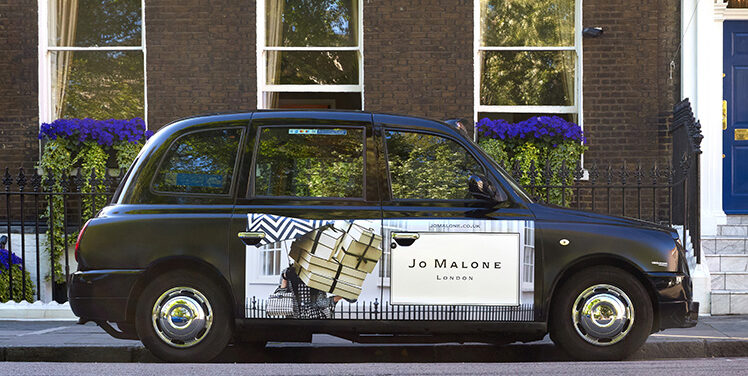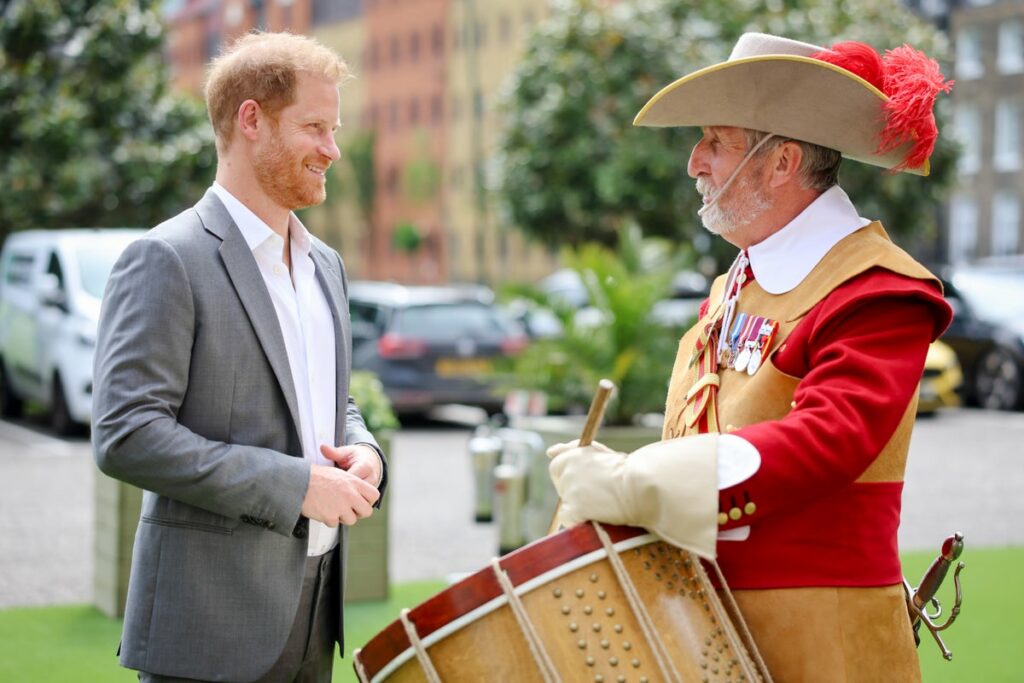In Britain, a nation famously imagined as one of obsequious butlers and maids, the reality of customer service paints a less flattering picture. Reports of declining service standards have been a staple of UK media for decades, echoing through the collective experiences of citizens. Everyone seems to have a story about poor treatment from banks, restaurants, airlines, utility companies, or health insurers—stories that linger in the memory, emphasizing the negative experiences that most often make the news. It’s important to remember, though, that conclusions based on anecdotal evidence should be approached with caution.
Embed from Getty ImagesYet, the data supports these anecdotes. The biannual customer satisfaction index from the London-based Institute of Customer Service, based on a survey of 15,000 consumers, fell to its lowest point since 2015 in January and has declined for three consecutive periods.
Returning to the UK after three decades in Asia, just as the customer satisfaction index peaked in mid-2022, I hadn’t noticed a significant decline. However, this is not necessarily a commendation. The most challenging encounters were concentrated during my initial adjustment period. Some experiences have indeed been positive, featuring helpful and polite individuals willing to resolve issues and strive for higher satisfaction rates. However, the contrasts with my experiences in Hong Kong are striking.
The most glaring difference is the bureaucracy and inflexibility in the UK. I abandoned an attempt to open a bank account with HSBC after failing to provide sufficient proof of address. Trying to accomplish anything as a new arrival in Britain without a utility bill—a document more valuable than a passport—is nearly impossible. My 30 years as an HSBC customer in Asia and a letter from the utility company were insufficient. “We can’t accept that,” the branch employee said before the letter was even halfway out of the envelope.
Embed from Getty ImagesUnnecessary forms and procedures are rampant. The traditional retail model is simple: customer pays, shop delivers the item, and the transaction is complete. However, at John Lewis, I had to provide my name, address, phone number, and email just to collect a lamp in stock. Despite John Lewis’s top-ranking customer service reputation in Britain, the rigidity of its processes was evident.
Embed from Getty ImagesI sometimes miss the agility and pragmatism of Hong Kong service. While it can be rough around the edges, speed and problem-solving are highly valued. In one instance, a mobile phone company employee resolved a debate over a break fee by suggesting, “OK, what about this: You pay half.” Such adaptability is rare in the UK.
Concerns over declining standards are not merely idle complaints. Research from the Institute of Customer Service indicates that companies with higher customer satisfaction ratings enjoy greater revenue and profit growth, along with higher operating margins. Improving customer service should be a straightforward win for an economy reliant on consumer spending, which has been languishing in subpar growth and stagnant productivity for over a decade. Any decline in service standards represents a missed opportunity.
But is this decline truly happening? I remain unconvinced. The customer satisfaction index peaked in mid-2022, as Britain emerged from the pandemic. The term “COVID forgiveness,” coined by Peter Pritchard, former CEO of Pets at Home Group, described customers’ willingness to tolerate subpar service during the pandemic. This leniency faded as the emergency subsided. Trade publication Retail Week accurately predicted in July 2022 that pandemic-era forgiveness “is over.” The index has fallen since then.
While the decline in service may not be as severe as the survey suggests, I also temper expectations for significant improvement. There are ways to enhance customer service, such as resisting cost-cutting in customer-facing roles, improving training, incentives, and employee authority, and advancing AI chatbot technology. However, a deeper cultural issue may persist.
A segment of British society resists the concept of service. Anglo-French chef Michel Roux attributed this to the legacy of Britain’s class system, where being “in service” meant being a full-time servant to the aristocracy. Freed from this system, the British have rebelled against any hint of subservience. Bureaucratic rules can serve as passive resistance against demanding customers.
This attitude explains the enduring popularity of “Fawlty Towers.” The 1970s sitcom remains beloved not just for its humor but for its instant recognition. John Cleese’s portrayal of a downtrodden hotel manager—brittle, snobbish, and outstandingly rude—strikes a chord. Parts of the British psyche still cling to this self-destructive grandeur. While it has a certain magnificence, it is not beneficial for business.
Could Britain improve its customer service? Certainly. However, whether it truly wants to is another question entirely.



